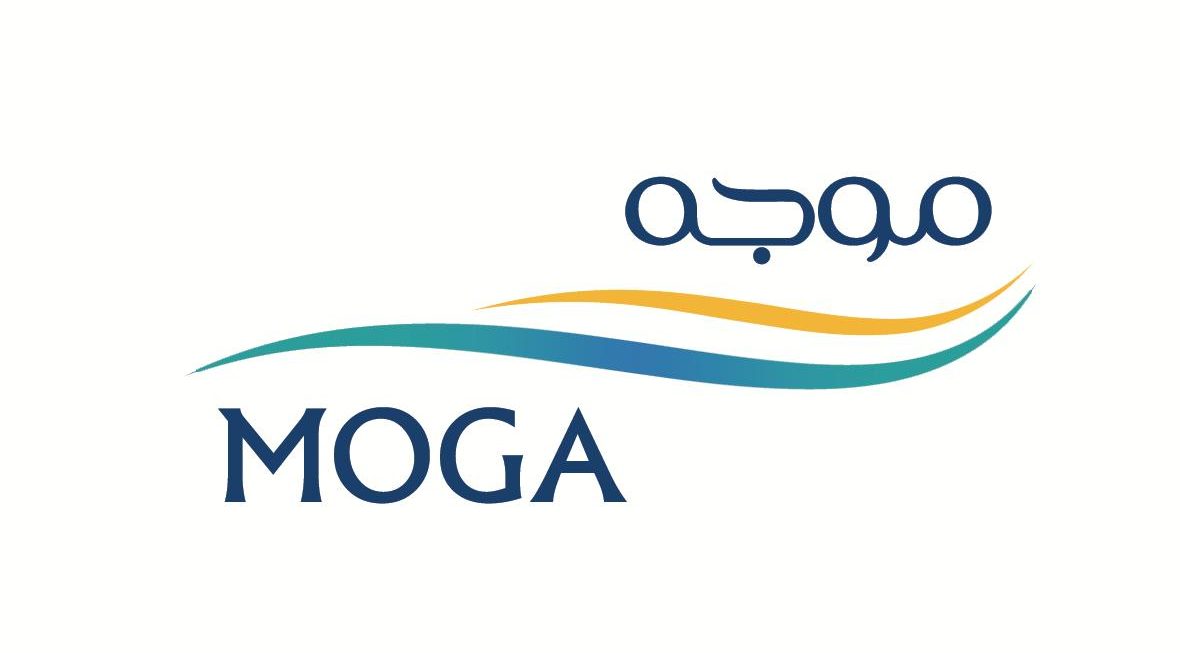Alright, so picture this: You’re juggling multiple blockchains, hopping from Ethereum to BSC, maybe even Polygon, and every transaction feels like it’s burning a hole in your wallet. Seriously, gas fees can be brutal. But here’s the kicker—most users don’t realize how much they’re overpaying just because their wallet isn’t smart about gas or token approvals. I mean, it’s like leaving your car running while you’re grabbing coffee—wasteful and annoying.
Now, I’ve been deep in the crypto trenches for years, and something about the whole multi-chain wallet game bugs me. It’s not just about storing assets across chains; it’s about managing your moves wisely. The way your wallet handles gas fees and token approvals can make or break your DeFi experience. Initially, I thought all wallets were basically the same, but then I stumbled upon some pretty slick solutions that changed my mind.
Here’s the thing. Gas optimization isn’t just a fancy buzzword. It’s a necessity, especially when you’re interacting with multiple chains where fees and confirmation times vary wildly. And token approval management? Oh boy, if you’re not careful, you might be giving dApps way too much access—sometimes unlimited—which is a huge security risk. So yeah, managing those approvals is very very important for your peace of mind.
But wait—before you think this is just another tech deep dive, let me share a personal story. One time, I approved a token with unlimited allowance on a sketchy DeFi app. A couple days later, the app got hacked, and I lost a chunk of my tokens. Painful lesson learned. It was a gut punch, and since then, I’ve been obsessed with wallets that give me granular control over approvals. (Oh, and by the way, this is where a wallet like rabby shines.)
Whoa! Did I just say obsession? Yeah, because the right wallet can save you from all that unnecessary exposure.
So, what makes gas optimization tricky in multi-chain wallets? For one, gas prices fluctuate like crazy, especially on Ethereum. My instinct said, “Just set a low gas price and wait,” but actually, that’s not always the smartest move. Sometimes paying a bit more upfront saves you from failed transactions that cost even more in the long run. On the other hand, some wallets now use predictive algorithms to adjust gas fees dynamically, which is pretty cool.
But it’s not just about saving money. It’s about time and convenience. For instance, if you’re moving assets between chains, you want to minimize delays and failed txs. That’s why wallets that integrate cross-chain bridges with gas optimization features are gaining traction. However, these tools aren’t perfect. On one hand, they can save you fees; on the other, they sometimes introduce new complexities or security trade-offs.
Token approval management is another beast altogether. Most users blindly hit “approve” on dApps, granting unlimited access to their tokens. Seriously? This part bugs me because it’s like handing over your house keys to strangers. Some wallets now let you set custom allowances or revoke approvals easily. I’m biased, but that’s a game changer.
Okay, so check this out—there’s this wallet called rabby that’s designed with these exact pain points in mind. It’s a multi-chain wallet that not only optimizes gas fees intelligently but also offers robust token approval controls. The UX makes it easy to see which dApps have access to your tokens and lets you revoke or limit permissions right away. For me, that’s a huge relief.

Look, I’m not 100% sure this is the silver bullet for everyone, but from my experience, wallets that don’t offer these features feel outdated. Multi-chain DeFi users need tools that think beyond simple storage. I’ve noticed that when I started using a wallet with granular approval management, my anxiety around security dropped a lot. Plus, paying less gas means I could try out more DeFi experiments without sweating the fees.
Let me throw in a quick tangent—have you ever tried to track token approvals manually on Etherscan? It’s a nightmare. You get lost in a sea of transactions and allowances. A wallet that simplifies this is worth its weight in gold. Seriously, it’s like having a personal assistant keeping tabs on your crypto exposure.
On a deeper level, this whole topic raises a bigger question: How do we balance convenience with security in DeFi? The promise of decentralized finance is freedom, but with that comes responsibility. Tools like rabby help bridge that gap by giving users the control they deserve without overwhelming them with technical jargon.
So yeah, while gas optimization and token approval management might sound like geeky details, they’re actually gatekeepers for a safer and more cost-effective DeFi journey. If you’re hopping chains and interacting with multiple dApps, ignoring these aspects is like walking blindfolded through a minefield.
To wrap this up—well, not really wrap, but close—remember that your wallet is more than just a vault. It’s your frontline defense and your financial gateway. Choosing one that masters these nuances means you’re not just saving money; you’re protecting your assets and sanity. And honestly, that’s worth a lot more than a few cents saved on gas.



